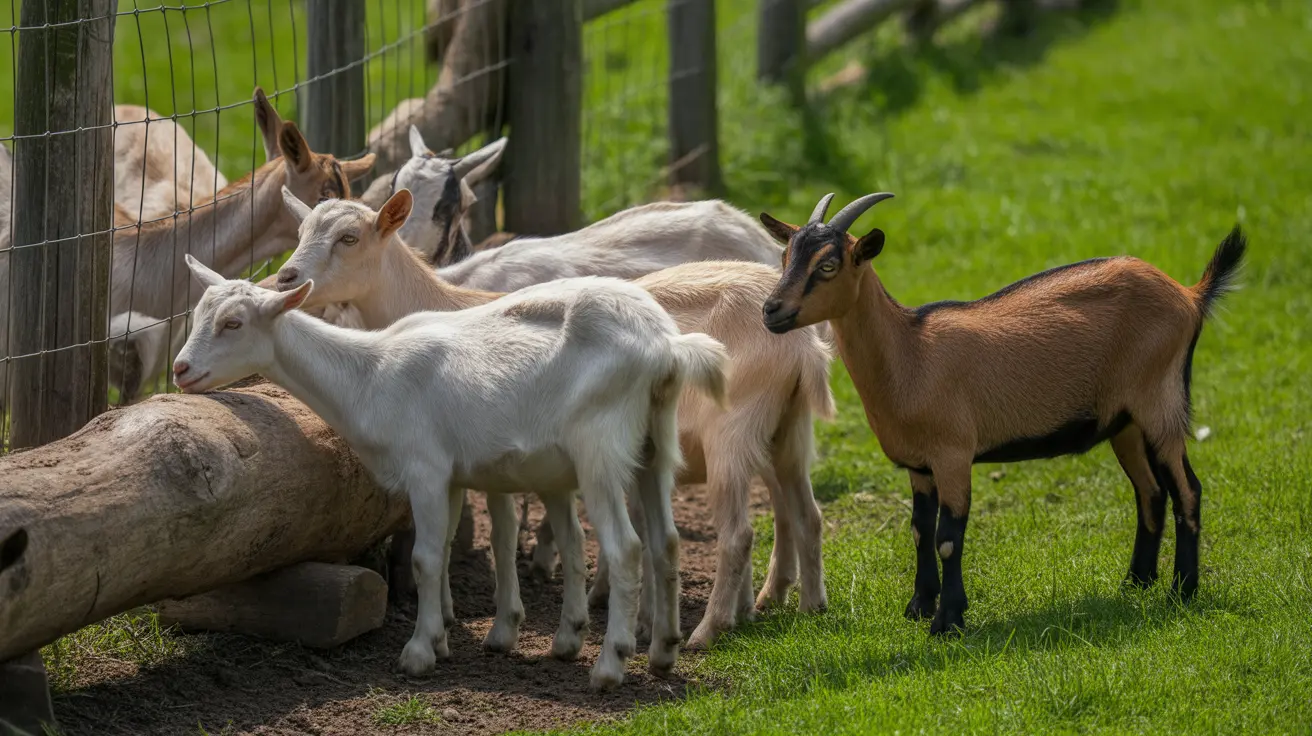Can Dogs Eat Jasmine Rice? A Complete Guide for Pet Owners
Pet owners often wonder whether rice, particularly jasmine rice, is safe for dogs. The good news is that jasmine rice is safe for dogs when cooked properly and served in moderation. This fragrant white rice can offer digestive and nutritional benefits, but there are important guidelines to ensure your furry friend stays healthy.
What Is Jasmine Rice?
Jasmine rice is a long-grain variety of white rice known for its aroma and soft texture after cooking. It is commonly used in Asian cuisines and is nutritionally similar to other white rice varieties.
Is Jasmine Rice Safe for Dogs?
Yes, cooked jasmine rice is safe for dogs. When served plain, without any seasoning, butter, or additives, it is easy to digest and can be beneficial during gastrointestinal issues.
Benefits of Jasmine Rice for Dogs
- Digestibility: Easily digestible and suitable for dogs with stomach upset.
- Energy: Provides a source of carbohydrates for energy.
- Low Fat: Naturally low in fat and cholesterol.
- Minerals: Contains magnesium, manganese, iron, selenium, and vitamin B complex.
- Immune Support: Antioxidants and B vitamins support immune function.
Recommended Serving Sizes by Dog Size
- Extra-small dogs (2–20 lbs): 1–2 tablespoons
- Small dogs (21–30 lbs): 2–3 tablespoons
- Medium dogs (31–50 lbs): 1/4 cup
- Large dogs (51–90 lbs): 1/3 cup
- Extra-large dogs (91+ lbs): 1/2 cup
These portions should be given as an occasional treat and should never exceed 10% of the dog’s daily caloric intake.
How to Prepare Jasmine Rice for Dogs
- Cook the rice thoroughly with plain water.
- Do not add salt, butter, oil, or spices.
- Avoid garlic and onions, which are toxic to dogs.
- Microwavable or ready-made rice is fine if it contains no harmful ingredients.
- Never feed uncooked rice.
Jasmine Rice as Part of a Bland Diet
Veterinarians often recommend jasmine rice as a base for a bland diet during episodes of diarrhea or vomiting. It is commonly paired with boiled chicken in a 2:1 rice-to-protein ratio.
Nutritional Profile of Jasmine Rice
- Carbohydrates: Vital for energy.
- Vitamins: Includes B vitamins such as thiamin and niacin.
- Minerals: Contains elements essential for metabolic and immune support.
Caution for Diabetic or Obese Dogs
Dogs with diabetes or weight issues should only eat jasmine rice under veterinary supervision, due to its high glycemic index which can impact blood sugar levels.
Potential Risks and Considerations
- Allergies: Watch for signs like itching or digestive upset.
- Overfeeding: Too many carbohydrates can lead to weight gain.
- Imbalance: Rice should not replace a complete, balanced dog food.
- Bloating: Large quantities can cause bloating in some breeds.
Conclusion
In conclusion, jasmine rice is a safe and beneficial addition to a dog’s diet when fed in the right quantity and prepared correctly. Always consult your veterinarian before making dietary changes, especially if your dog has health conditions. Use jasmine rice as an occasional treat or for digestive relief, and observe your dog for any adverse reactions. Properly used, this simple grain can offer both comfort and nutrition to your canine companion.





